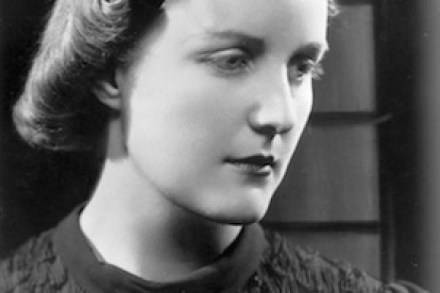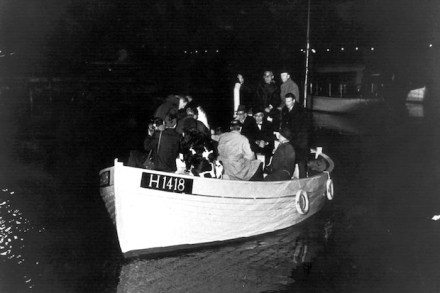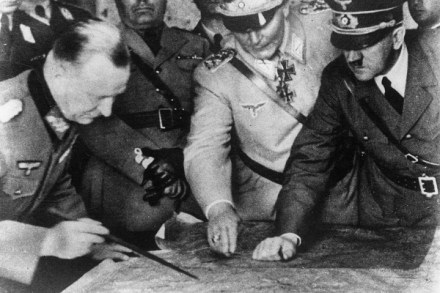I felt so awful I almost prayed that we would crash
This is about life up high. Two weeks ago The Spectator had that rapscallion and mischief-maker Peter McKay writing about how great it is to pilot a plane. (He’s taking lessons and has flown solo.) I’ve always been told that riding a motorcycle and piloting a plane are about the same, and McKay is a motorcyclist. His build, looks and accent are far more suited to riding on two wheels than to piloting a plane (that role is more one for a Cary Grant type). But I am being snobby and writing like McKay — cattily. Reading about flying brought back pleasant memories, but also a tragic one. When my



















